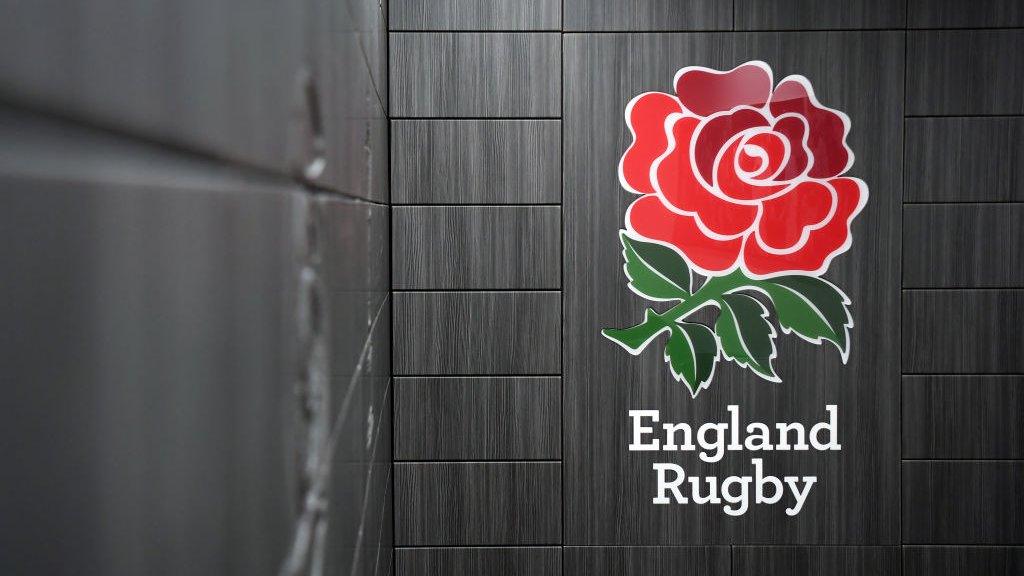Wakefield rugby: Amateur team's reaction to new tackling rules
- Published
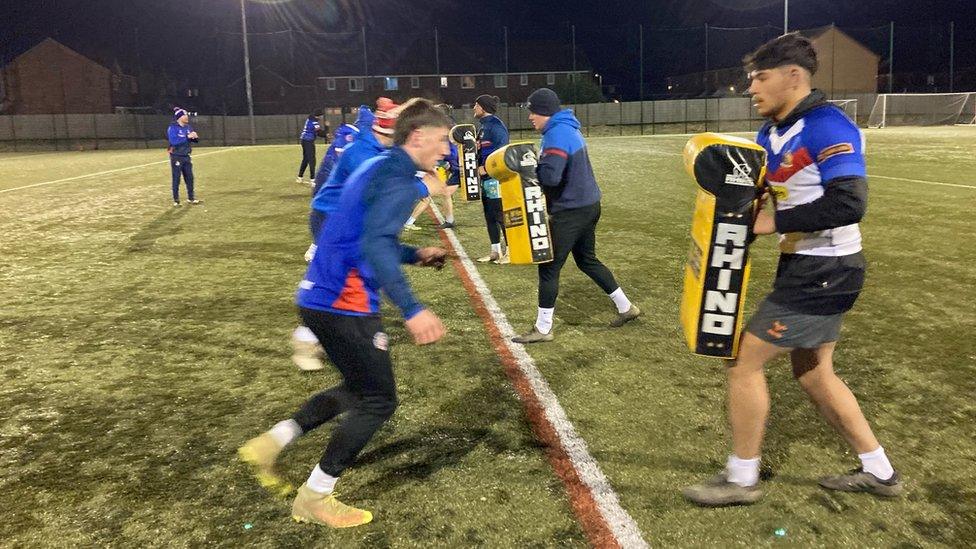
Westgate Common ARLFC have been training with the new rules ahead of the new season
Grassroots rugby league is set to adopt new rules around tackle heights this season in an attempt to improve safety and reduce head injuries in the game.
Tackles will now only be allowed up to armpit height, in a move criticised by some and welcomed by others.
The rules were changed after research from Leeds Beckett University showed the potential benefits to players.
The change will come in this season at grassroots, academy and reserve levels and at a professional level from 2025.
Prof Ben Jones, who led the research, said: "It's rewarding to see the research make a difference, that's really important. But we also recognise that this isn't the end of this project.
"This is all about risk reduction, not risk removal. You never remove the risk with a contact sport."
It is one of 44 recommendations accepted by the Rugby Football League (RFL) to try to make the sport safer.
Ahead of the new laws coming into force the BBC went to Westgate Common Amateur Rugby League Football Club, in West Yorkshire, to find out players thoughts.
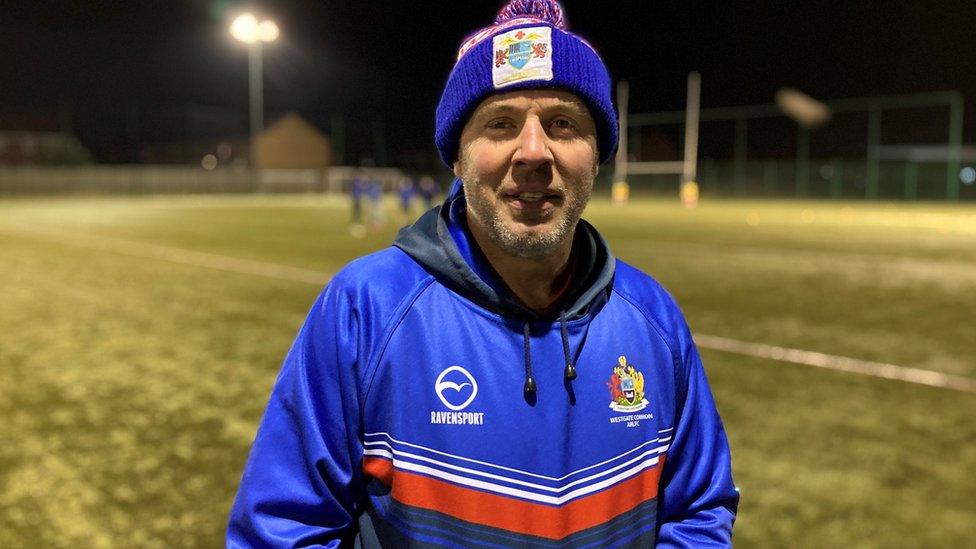
Head coach Matt Bramhall said: "There has been a lot of opposition to it, but it's still too early I think to form any firm opinion.
"You're asking players who have potentially played for 20-30 years to change the way they play, on the back of maybe two training sessions a week where you get an hour with them, so it's going to be difficult."
He added: "You've just got to tackle lower, but it's a big change for them.
"I'm all for player welfare, but I do think that potentially the tackler is now at more risk than he was before, because of the areas where he will be tackling, where there are elbows, knees and hips and things like that. The jury is definitely out."
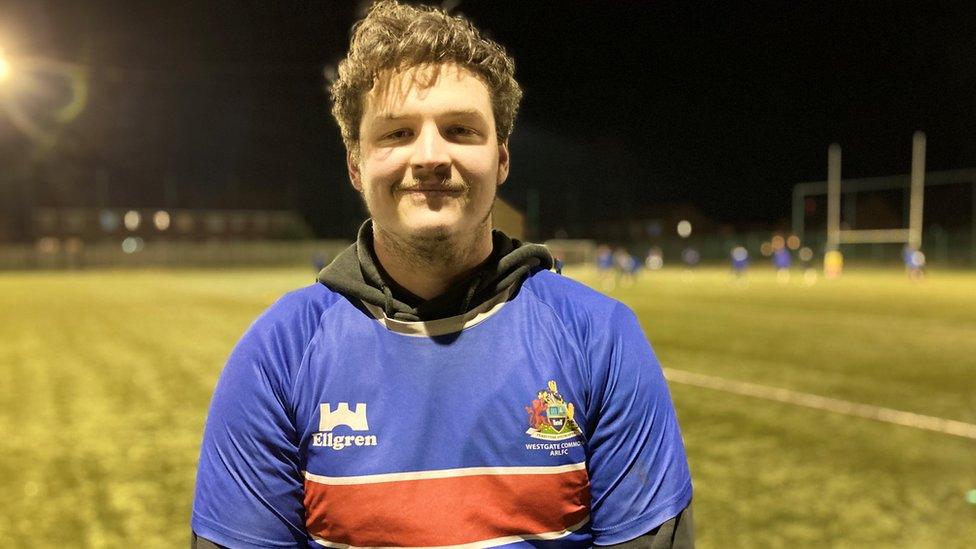
Jack Bailey said he felt it would "take away some of the brutality" of the sport
Jack Bailey, 24, who plays back row or loose forward, said: "I do understand where they're coming from, safety is a priority, but I can also see it will anger a lot of people. I guess it's just something we will have to do.
"I feel like it's taking away a lot of what the game's roots are, it is a collision sport and a lot of us know what the game is and what we're playing.
"It's a bit of anger release, you always shake their hand at the end of it, so it's something I look forward to at the weekend.
"It's about player safety I guess, and long-term it's going to have an effect."
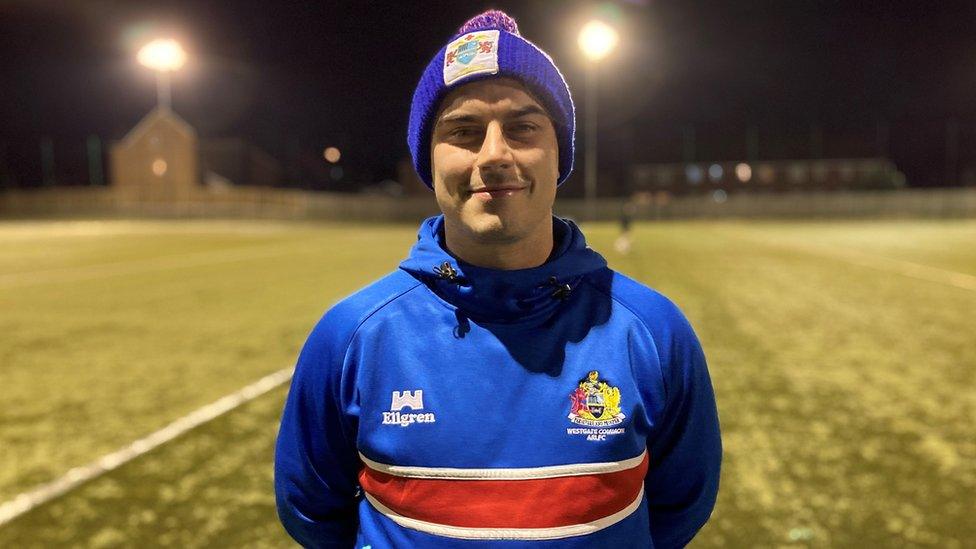
Lewis Heckford said he thought the move could put defenders at more chance of risk
Lewis Heckford, 26, who plays scrum half for the team, said: "I think there's not a lot of guidance at first, so we're just getting to grips with it.
"I think it will speed the game up, which in some ways is good.
"I do see why they've done it - to protect the ball carrier - but I do think it puts defenders at more chance of risk.
"It is 100% a better thing if we can keep players safer.
"I think there will be more breaks and tries. You want to keep the game flowing, but we'll just have to see how it goes in the new season."

Follow BBC Yorkshire on Facebook, external, X (formerly Twitter), external and Instagram, external. Send your story ideas to yorkslincs.news@bbc.co.uk, external.
- Attribution
- Published8 December 2023
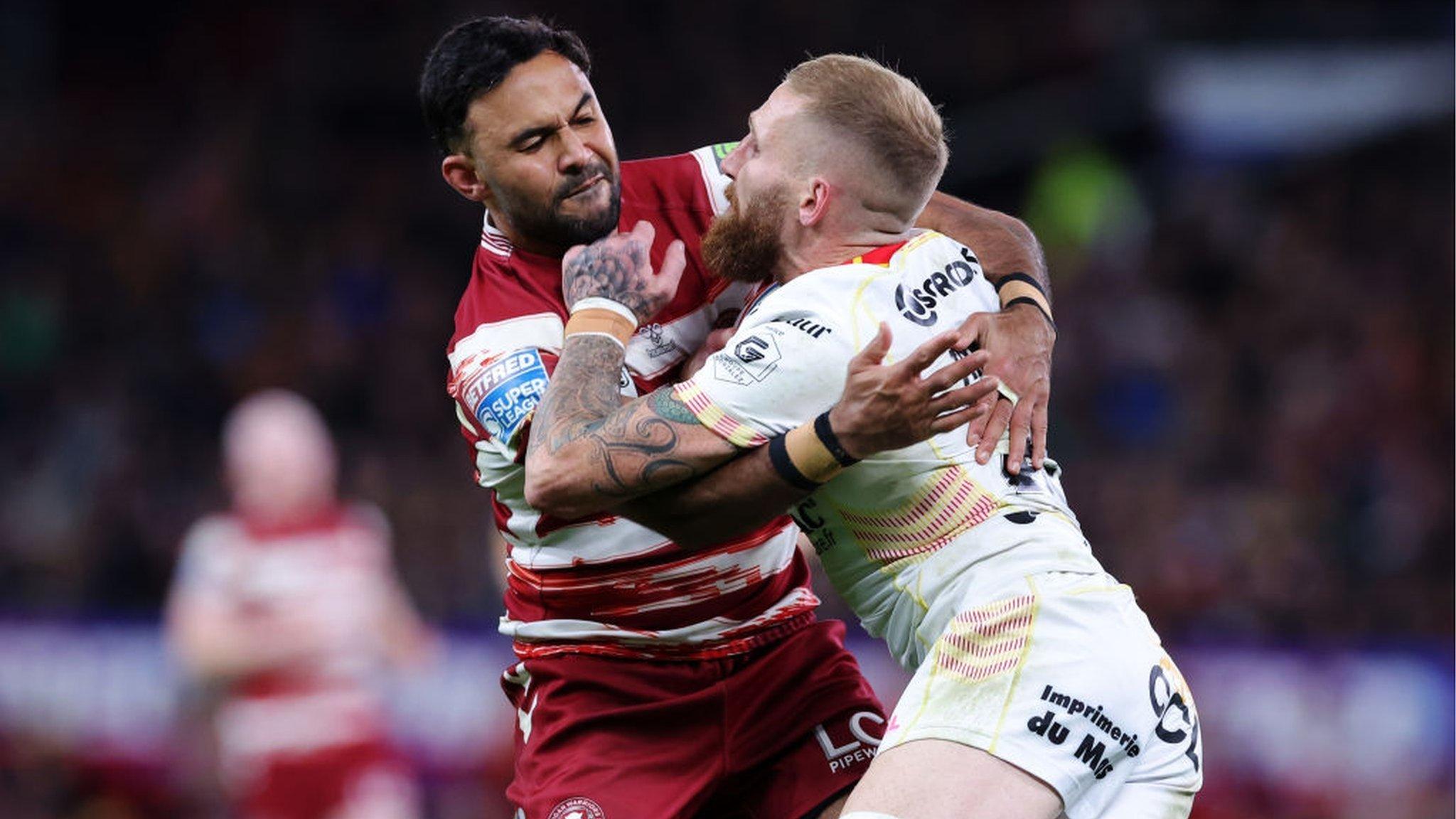
- Attribution
- Published19 January 2023
